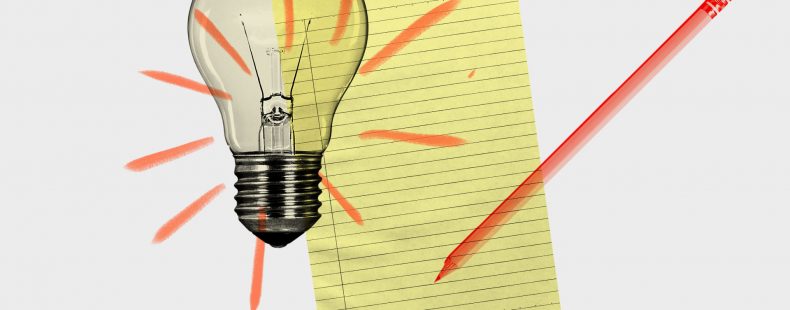Grammar is hard. That’s why we’ve written a lot of articles on the subject. We understand the rules can be complicated … and even though some may call us pedantic for caring so much about them, we like to think we’re just highlighting the wonderful quirks of the English language.
WATCH: Is The Word "Pedantic" Good Or Bad?
Either way, read on to see what we consider the top 10 grammar rules to remember. Maybe you’ll like grammar a little more afterwards.
Take your grammar game to the next level with your own personal Grammar Coach™! Get started now for free!
























